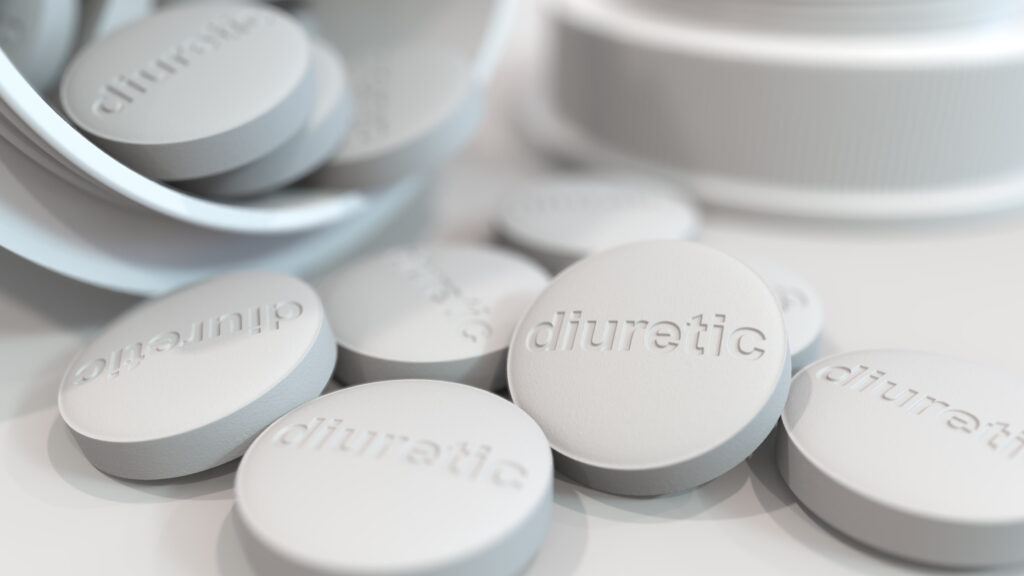ABC Heart Fail Cardiomyop 2021; 1(1): 55-62
Diuretics and Clinical Management of Congestion in Heart Failure: A Review
Abstract
Heart failure is a syndrome with variable presentations; congestion is the most common form in acutely decompensated patients. In this scenario, the main drug to resolve congestion is a loop diuretic. However, a portion of the population has diuretic resistance. In this context, adjuvant diuretic therapies are needed to resolve congestion in patients with heart failure. The main strategies studied so far are thiazide diuretics, mineralocorticoid receptors antagonists, vasopressin antagonists, nesiritide, sacubitril/valsartan, sodium-glucose cotransporter 2 inhibitors, hypertonic saline, and fluid and salt restriction. The purpose of this article is to review pharmacological modalities for management of congestion, associated or not with diuretic resistance, their positive and negative points, and the current state of knowledge about each drug.
Keywords: Diuretics; Heart Failure
1,671


